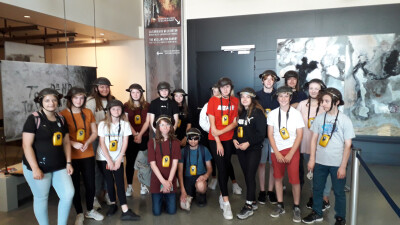History
 Staffing List
Staffing List
Mr Juddery - Head of History and RE
Mr Wickenden - Associate Assistant Headteacher and Teacher of History
Mrs Hall-Vidler - Teacher of History
Mrs Harrison - Teacher of History
Mr Threlfall - Teacher of History and Computer Science
Vision Statement:
"We are the stories we tell ourselves"
The intent of History at Testbourne Community School is to enable students to make informed decisions and judgements in their life that are based on a knowledge and understanding of the world around them. Studying History allows students to challenge prejudice and ignorance and develop an appreciation of a multi-cultural society that we live in and their part to play in it.
Teaching focuses on exploring the issues that have a relevance to modern society and that promote thinking about how the decisions of individuals can have long term and significant consequences. By approaching History in this way, students are able to consider their decision now and later in life to become resilient and aspirational student who can effect change. This is also explored through aspects of local history, so that students understand not only national and global events but how their local world has been shaped through the past.
Further Information
For more details, please contact Mr Juddery, Head of History and RE, at: m.juddery@testbourne.school


 Testbourne Community School
Testbourne Community School